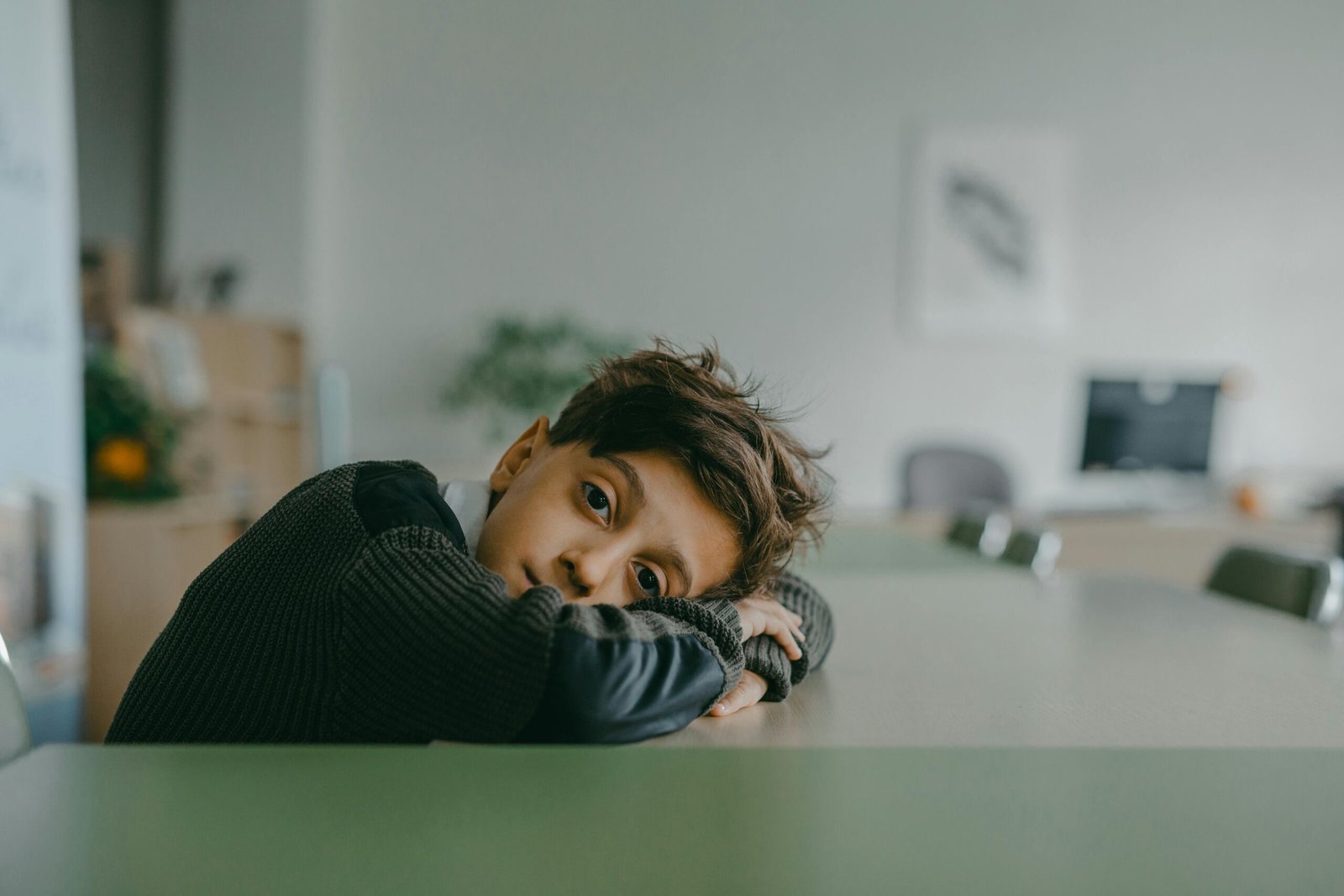As a pediatrician, I often see concerns from parents about sleep deprivation and its impact on children, particularly those with ADHD (Attention Deficit Hyperactivity Disorder). Understanding the relationship between sleep deprivation and ADHD is crucial for managing symptoms effectively and promoting healthy development. This article aims to educate Indian parents on sleep deprivation and ADHD, including symptoms, diagnosis, and practical advice on mitigating their impact on children.
Sleep Deprivation and Kids
Sleep is essential for a child’s physical and mental development. However, many children do not get the recommended amount of sleep due to various factors, including busy schedules, academic pressures, and increased screen time. Sleep deprivation can significantly affect a child’s mood, behavior, and cognitive functions.
Symptoms of Sleep Deprivation in Kids
Sleep deprivation can manifest in several ways in children, often resembling or exacerbating symptoms of ADHD. Common symptoms include:
- Irritability and Mood Swings: Increased frustration, anger, or emotional outbursts.
- Difficulty Concentrating: Trouble focusing on tasks, easily distracted.
- Hyperactivity: Excessive fidgeting, restlessness, or being unusually active.
- Daytime Sleepiness: Frequent yawning, difficulty staying awake, or falling asleep during activities.
- Poor Academic Performance: Difficulty remembering information, slower processing speeds, and lower grades.
- Behavioral Issues: Increased impulsivity, oppositional behavior, or difficulty following instructions.
Distinguishing Between ADHD and Sleep Deprivation
Distinguishing between ADHD and sleep deprivation can be challenging, as both conditions share similar symptoms. However, there are some key differences:
- Onset of Symptoms: ADHD symptoms are typically present from an early age and are consistent across different settings (home, school, etc.). Sleep deprivation symptoms may develop or worsen due to changes in sleep patterns or schedules.
- Response to Sleep: Children with sleep deprivation often show significant improvement in behavior and cognitive functions with adequate sleep. ADHD symptoms may persist despite improved sleep.
- Sleep Patterns: Children with ADHD may have trouble falling asleep or staying asleep due to hyperactivity and impulsivity, while sleep deprivation can be caused by external factors such as screen time or irregular sleep schedules.
What Should Parents Do If Your Child Has ADHD Symptoms?
If your child exhibits symptoms of ADHD, whether due to sleep deprivation or other factors, here are steps you can take:
- Establish a Consistent Sleep Routine:
- Set a regular bedtime and wake-up time, even on weekends.
- Create a calming pre-sleep routine, such as reading a book or taking a warm bath.
- Ensure the sleep environment is quiet, dark, and cool.
- Limit Screen Time:
- Reduce exposure to screens at least one hour before bedtime.
- Encourage activities that do not involve screens, such as outdoor play or reading.
- Promote a Healthy Lifestyle:
- Ensure your child gets regular physical activity, which can help regulate sleep patterns.
- Provide a balanced diet rich in nutrients that support overall health and brain function.
- Address Underlying Sleep Issues:
- If your child has trouble breathing during sleep, snores, or experiences other sleep disturbances, consult a healthcare professional for evaluation and treatment.
- Seek Professional Support:
- Consult with a pediatrician or a sleep specialist to identify any underlying sleep disorders or ADHD.
- Behavioral therapy and counseling can help manage ADHD symptoms and improve sleep habits.
- Medications may be prescribed for ADHD, but it’s essential to discuss the potential impact on sleep with your healthcare provider.
- Collaborate with Educators:
- Work with your child’s teachers to create a supportive learning environment.
- Inform the school about any sleep-related issues and ADHD symptoms to ensure appropriate accommodations.
- Monitor and Adjust:
- Keep track of your child’s sleep patterns, behavior, and academic performance.
- Be flexible and willing to adjust routines and strategies as needed.
By understanding the relationship between sleep deprivation and ADHD, parents can take proactive steps to support their child’s health and well-being. Early intervention and appropriate management can significantly improve outcomes for children with these conditions.
For personalized advice and treatment options, please consult Dr. Kritika Agarwal, Pediatrician and Adolescent Specialist, at Pinnacle Health Multispeciality Clinic, Hosa Road, Bangalore.








